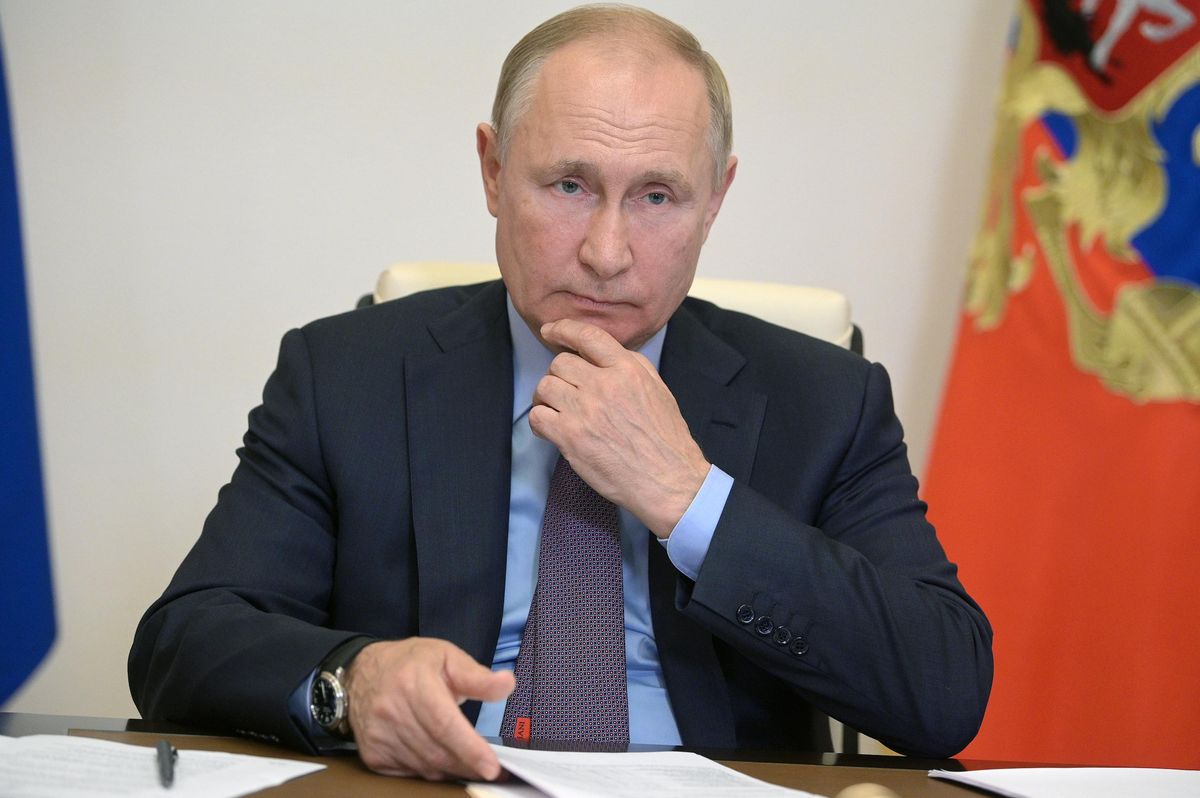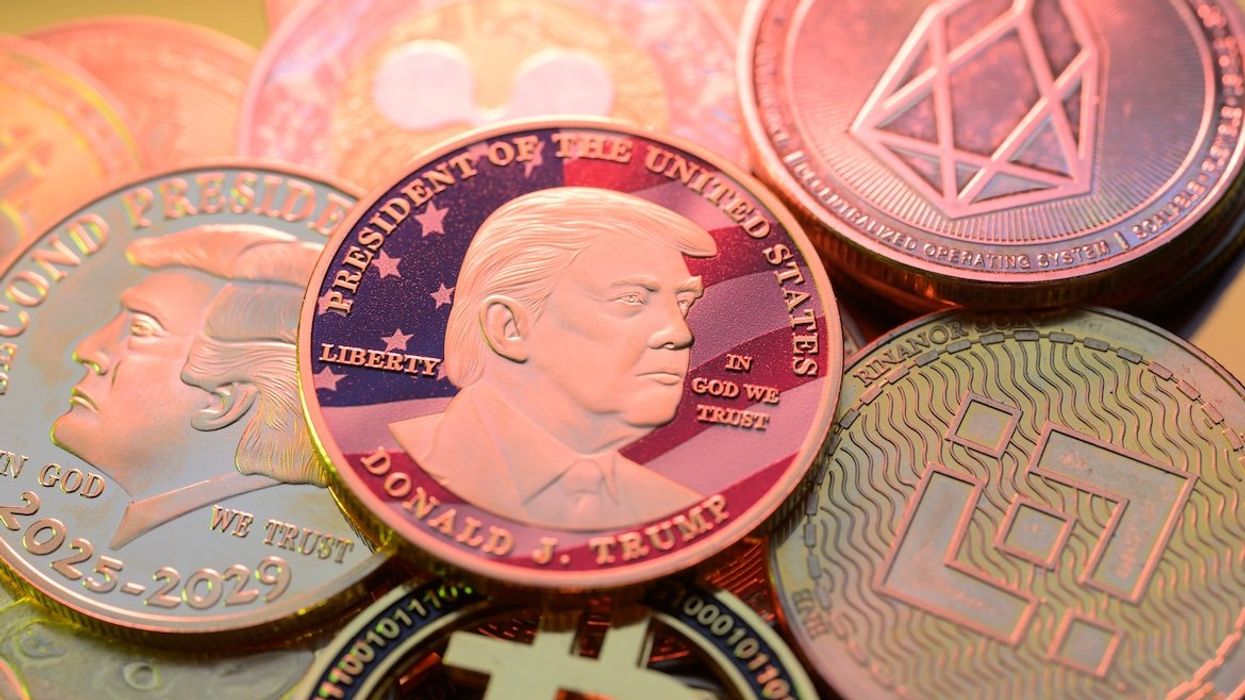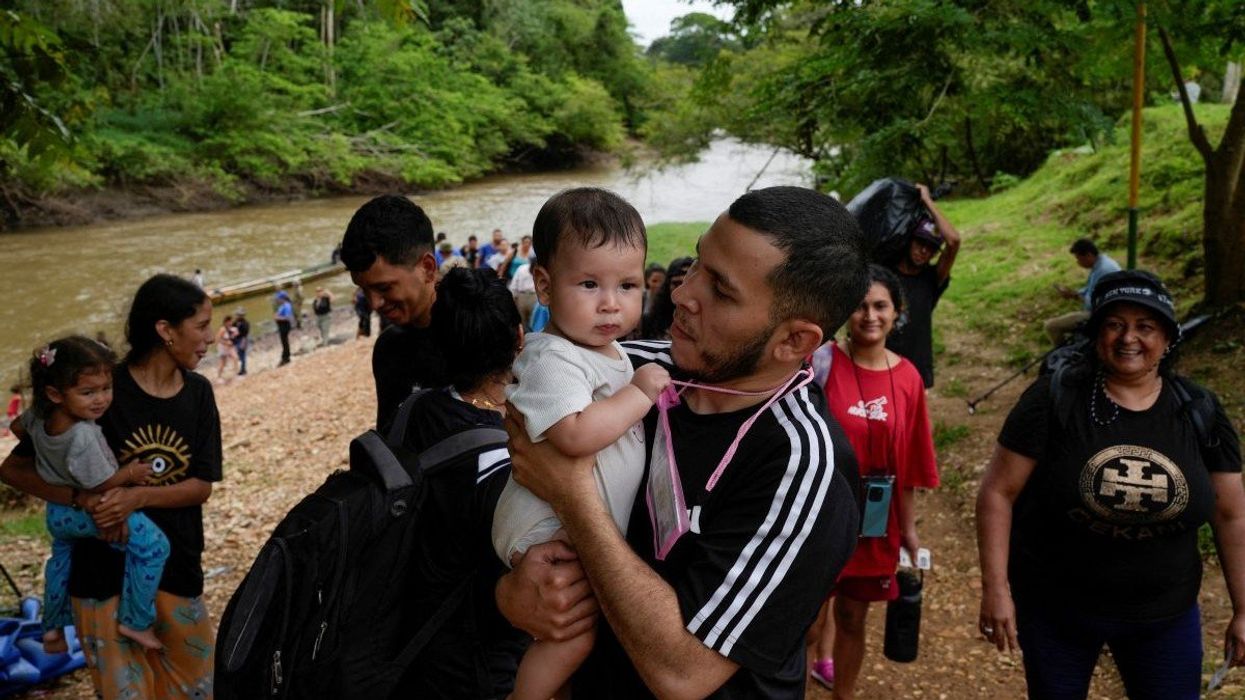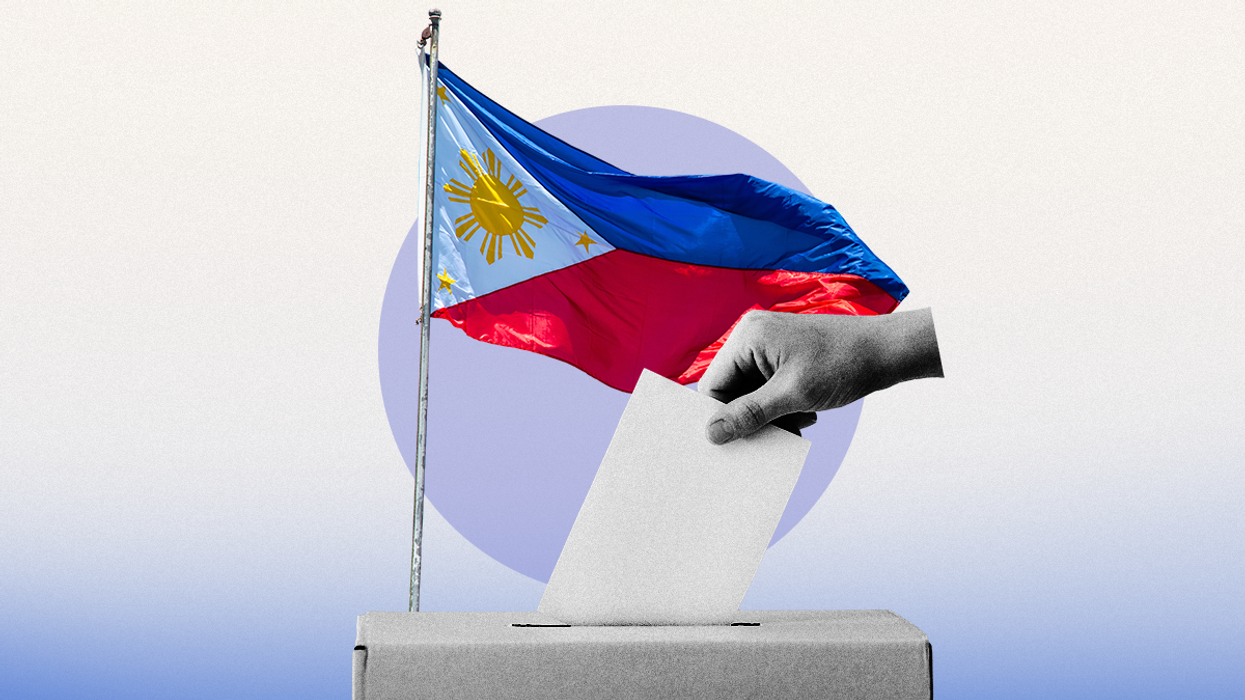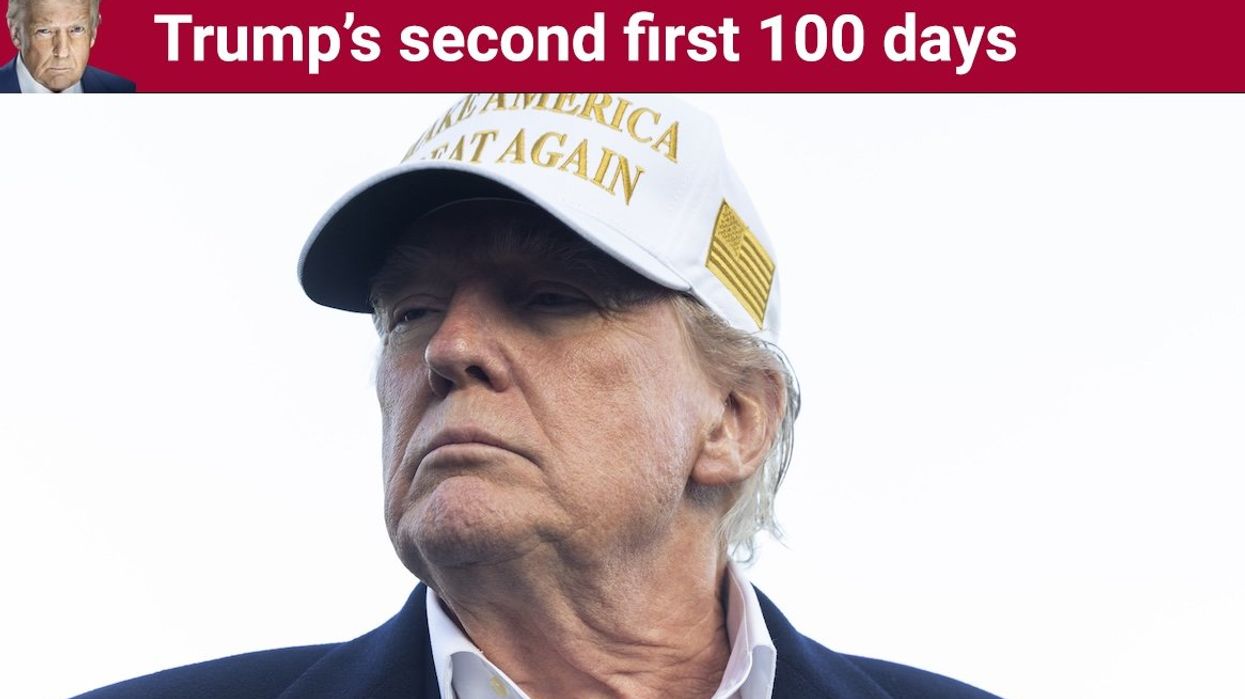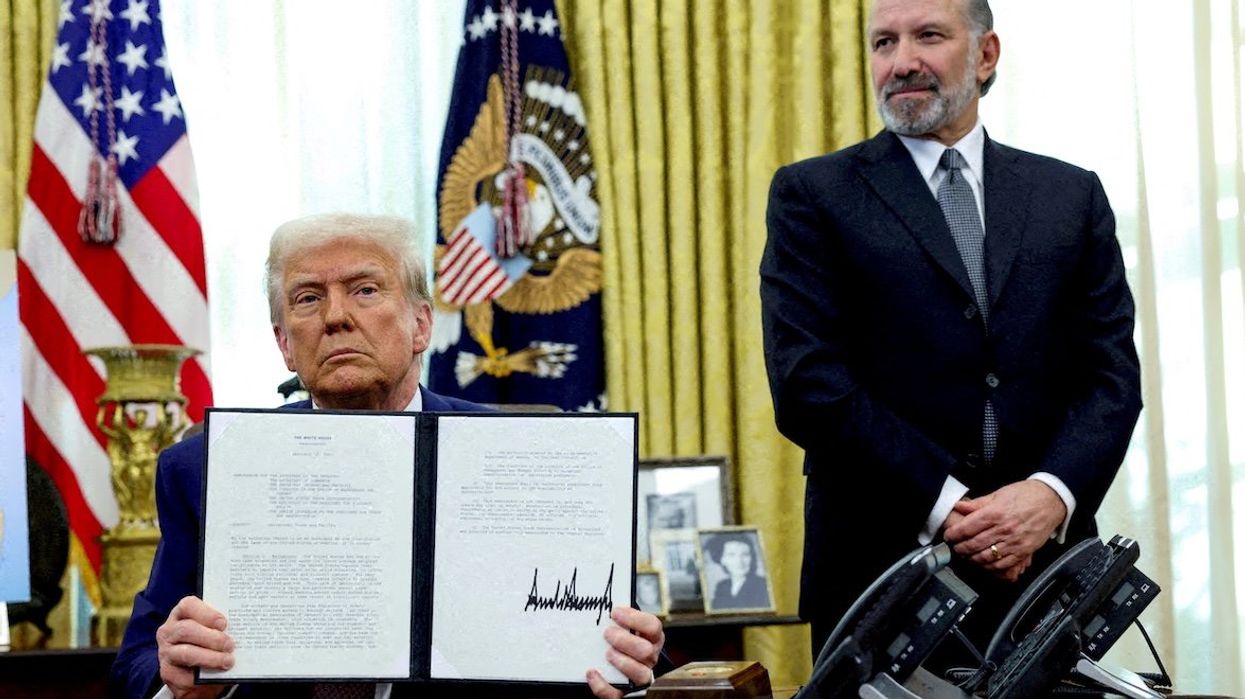There is little intrigue about the outcome of Russia's elections to the Duma (the lower house of parliament) on 17-19 September. The pro-Kremlin United Russia party has won every national election in Russia under President Vladimir Putin, dating back to 2003, and this time will be no exception.
Still, in recent months, the Kremlin has dialled up various forms of political repression against opposition figures, those connected to them and independent media.
We asked Eurasia Group Russia analyst Jason Bush what this escalating repression tells us about Putin's hold over public opinion, and what questions it raises about Russia's long-term future.
How is the regime clamping down on dissent?
Perhaps the first major signal that the authorities' attitude to political dissent was hardening was the poisoning of opposition leader Alexei Navalny last year, followed by Navalny's arrest and imprisonment this year.
The authorities have also enacted new legislation that criminalizes anyone associated with Navalny, branding them "extremist," a label previously used for terrorist groups and that can entail stiff prison sentences.
The crackdown has gone much further than Navalny's immediate allies. Some more moderate opposition politicians have also been banned from participating in the election because they have expressed support for Navalny or taken part in political protests. Pavel Grudinin, a Communist businessman who was runner-up in the 2018 presidential election, has also been barred, supposedly because of undeclared assets abroad.
Meanwhile, the authorities have initiated a wide-ranging clampdown on independent media. Several publications have been designated "foreign agents," which damages their ability to attract advertising and business. The authorities went further in the case of one magazine, Proekt, which had investigated high-level corruption, forcing its immediate closure by branding it an "undesirable organization."
Is the crackdown this time significantly worse than in the run-up to previous elections?
Outlawing opposition political organizations for "extremism" is a new development, as is the concerted use of the "foreign agent" label for a broad swathe of independent media publications. So yes, this is a heavier crackdown than in previous elections. This is not to say that previous Russian elections were free and fair: they were far from that. But the methods used to exclude candidates or control media coverage were somewhat subtler than we are seeing now.
Is this just about the election or is there something bigger going on?
The timing, ahead of the elections, suggests that the Kremlin wants to exclude or deter critical voices that could influence voters. However, the crackdown also has deeper roots. The Navalny-led protests had been getting bigger since 2017. And the Kremlin's concern was undoubtedly fueled by the demonstrations last year in neighboring Belarus, which underscored that political unrest can sometimes appear with surprising speed and suddenness.
Technological and generational changes are also fueling the Kremlin's paranoia of Western-backed plots to undermine Russia. New internet publications (sometimes based abroad) are harder for the Kremlin to control than traditional newspapers and television channels. Meanwhile, opinion polls in Russia show that public enthusiasm for Putin is declining, especially among the young.
That doesn't sound good for him, what do the polls say?
According to one, run by the Levada Center in February, only 31 percent of 18-24-year-olds wanted to see Putin stay in power for another presidential term after 2024, compared with 57 percent among this age group who opposed this. Russians aged 25-39 were only a little more enthusiastic, with 39 percent favouring Putin staying on and 51 percent opposed. These were almost mirror images of attitudes among the age groups over 40.
Even so, Putin remains significantly more popular than United Russia. Recent opinion polls show around 30 percent of respondents preparing to vote for the party, down from around 45 percent in similar polls ahead of the last Duma election in 2016. Its support among likely voters is higher than such raw poll data may suggest though, given that Russians who are skeptical about Putin or United Russia are also less likely to vote.
What are Russian voters concerned about right now?
As in many other countries, the election follows a difficult economic period related to the pandemic, with problems such as high inflation now troubling voters more than usual. Russia's economy has been recovering over recent months, however, and the virus appears to be again receding after a brief resurgence in the summer. The bigger problem for Putin and his party is that growth in the economy and living standards have been lackluster for several years.
So, the big question: what is Putin so afraid of?
He is probably more afraid of political unrest, similar to what occurred in Belarus last year or in Ukraine in 2014, than he is of voters. Russia still lacks well-organized and independent political parties with broad public appeal that are capable of mounting an effective electoral challenge. Small parties typically face barriers registering, have limited media access and face an unfavorable electoral system, with requirements to collect signatures from supporters long used to weed out unwelcome candidates.
But Russia has seen sizable political protests in the not-too-distant past (the Duma elections in 2011 were followed by several months of protests), and election-related disorder has been fairly frequent in other post-Soviet states, most recently Georgia, Kyrgyzstan and Belarus. Russian history has also been characterized by chaotic political disorder much more often than peaceful transitions of power via the ballot box. For Putin, the collapse of the Soviet Union and its empire was a formative political experience.
Does the increased repression carry risks?
The main risk is that the heavy-handed tactics intensify discontent and dissent, thereby accelerating the political trends the regime is trying to prevent. This is exactly what happened in the dying months of the Soviet Union.
But repression is not necessarily a flawed strategy politically, as there are also examples of it proving quite effective. In truth, there is not much evidence at present that the Kremlin is sowing the seeds for an eventual public backlash.
Some other risks are probably more immediately relevant. A society in which critical voices are cowed into silence is unlikely to be effective at addressing problems such as corruption. Original thinkers will shun politics and business. Further strains on relations with the West will serve as an additional deterrent to foreign investment.
How secure is Putin's grip on power?
The escalating repression gives the impression that he is feeling vulnerable. Yet this is still a very one-sided political conflict in which the Kremlin still holds most of the cards.
Putin's public approval rating still remains around 60 percent. It is also surprisingly resilient, changing remarkably little over the last three years despite the many societal difficulties caused by the pandemic. In general, Russian public attitudes change very slowly. According to opinion polls, most Russians still express very little interest in political freedoms or civil rights. They are also generally skeptical about whether protesting can make any difference.
So Putin probably does not yet have a great deal to worry about — for now, at least.
